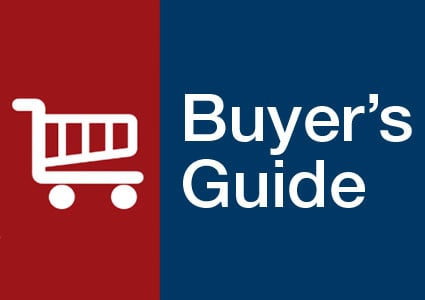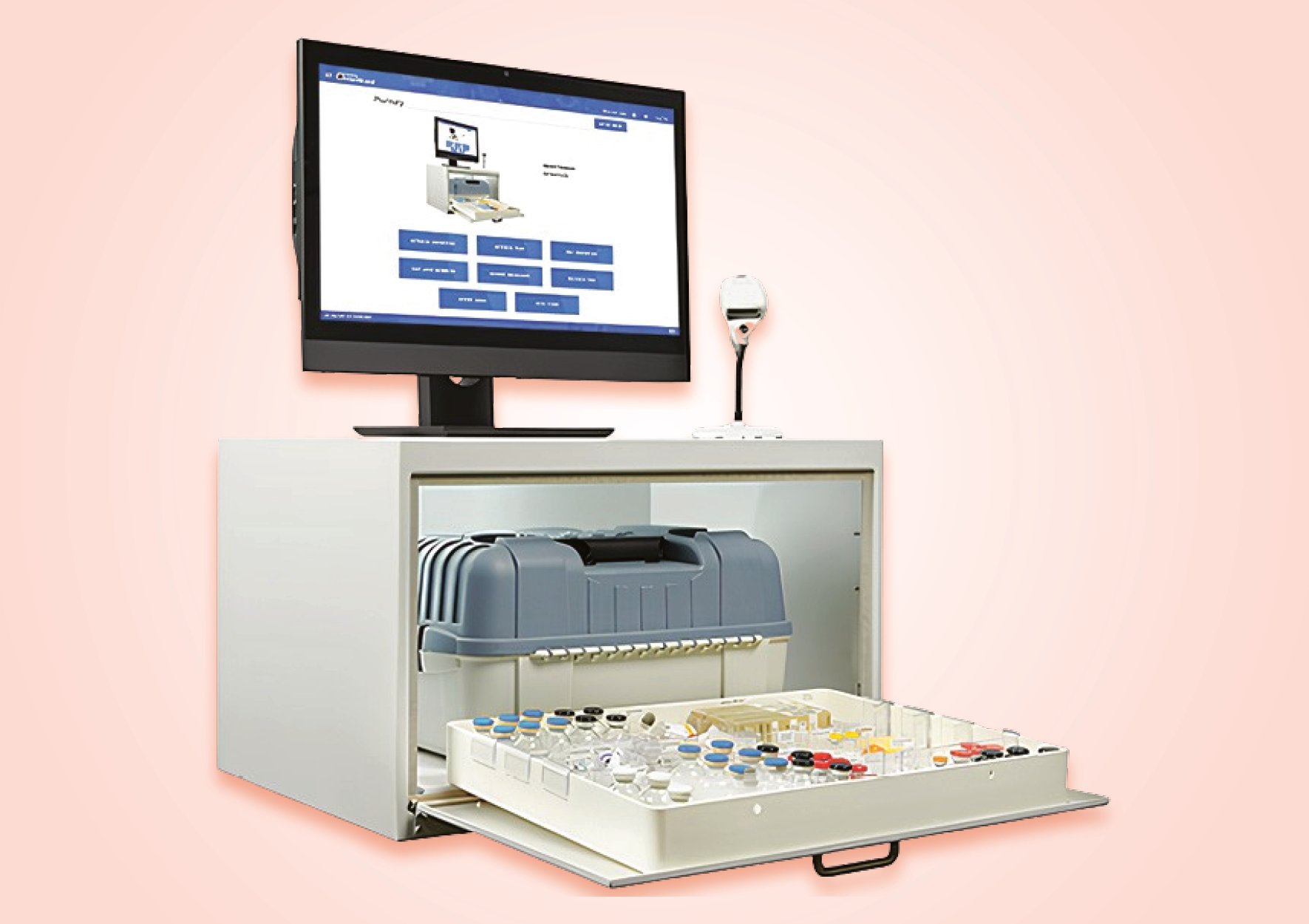- Show Menu
- Contact Us
- FAQs
- Reader Service
- Survey Data
- Survey Winners
- Testimonials
- Upcoming Events
- Webinars
- White Papers
Making a Case for Automated Compounding Devices
Q & A with Dave Thomas, RPh, MBA, Principal, LDT Health Solutions, Inc
Pharmacy Purchasing & Products: When do you suggest a pharmacy should
consider implementing an automated compounding device?
Dave Thomas: Too often, automated compounding devices are thought of as tools for large institutions with a high volume of patients. For TPN compounding, that is really not the case. The best reason to automate the compounding process is to reduce the risk of contamination, while bringing safety and consistency to a variable manual process that requires complex calculations.
A more important consideration than hospital size is the patient mix and the type of hospital. For example, a 45-bed long-term acute care (LTAC) facility could have 20% of their patients on TPN. Facilities that service patients with high acuity, such as oncology hospitals, typically have a high volume of TPNs. If you are regularly compounding two to three TPNs per day, an automated compounder makes sense.
PP&P: How do you weigh using an automated compounding device versus outsourcing TPNs?
DT: The ability to outsource is really determined by your facility’s location. For hospitals not located in a major metropolitan area, outsourcing opportunities may be limited. An outsourcer that is a four or five hour drive away will not be able to meet your daily delivery needs. Traffic issues and cut-off times for ordering need to be considered—even for hospitals with an outsourcer nearby.
PP&P: What points should be considered to justify the cost of an automated compounding device?
DT: Review your patient mix. For example, if you have a neonate population and thus use a significant number of additives, an automated process will be more cost effective and allow you to provide a consistent product each and every day. In addition, the challenges inherent to conducting complex calculations can be eliminated. Your volume of TPN delivery also will help determine if automation makes sense. For facilities that are part of a larger health system, centralizing your compounding operation may lower overall costs and help justify the purchase. Independent hospitals may consider regionalization and offer to provide compounded products to other nearby facilities. Of course this will only work if there are other hospitals nearby and you can meet their delivery needs.
PP&P: What type of vendor support is important when choosing a compounder?
DT: Proper staff training is very important. We have seen lawsuits in the past when staff was not properly trained and the resulting compounding errors caused serious patient injuries. Under USP , fully documented training is required.
Each vendor should provide a sample policy and procedures package along with a recommended training program. While this is a good starting point, you may need to customize these materials to reflect your practices. The vendor also should provide support during the customization process. Keep in mind, it is important to document any changes you make—whether they are software customizations or alterations to the training plan.
One of the most important steps in choosing a vendor is to evaluate the quality of training and ongoing support you will receive. Include a stipulation in your contract that should your compounder fail, a replacement will be supplied within 24 hours.
PP&P: Any final tips you can share us with?
DT: Every vendor has occasional problems with their supply chain. Always keep at least a two-week supply of ancillary products on hand so you can manage any shortages. Lastly, be sure the vendor’s labels will meet your needs before committing to the device.
David Thomas previously served as director of information technology operations for SoluNet, LLC. He also has served as the manager of implementation and technology development for Baxter Healthcare and as the technology systems manager for Baxter’s COMPASS Group. Before his 15-year tenure with Baxter, Dave held hospital practice and management positions for five years. He is a graduate of St. Louis College of Pharmacy and can be reached at DThomas@LDTRx.com.
Like what you've read? Please log in or create a free account to enjoy more of what www.pppmag.com has to offer.








